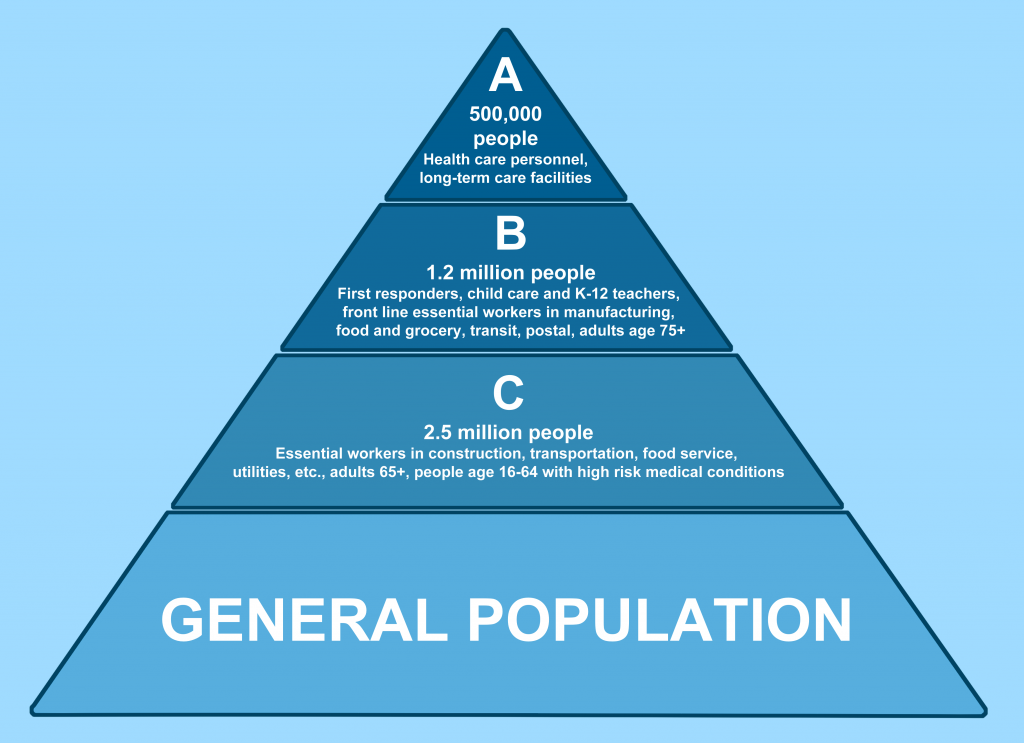President Trump’s latest executive order has caused conversation and controversy across Virginia Wesleyan College as students, staff and faculty react to what the general public and media have dubbed the “Muslim Ban.”
On Jan. 27, President Trump passed an executive order aimed at protecting U.S. citizens, thus enacting a process of extreme investigation to prevent terrorists from entering the country.
Entitled “Protecting the Nation from Foreign Terrorist Entry into the United States,” the order indefinitely suspends the resettlement of Syrian refugees and other refugees for 120 days and temporarily bars the entry of people from seven countries for 90 days. These seven countries are Iraq, Iran, Syria, Sudan, Somalia, Libya and Yemen.
Though Muslims are not named in the order as a targeted people, the seven countries are predominantly Muslim, prompting the order to be nicknamed the “Muslim Ban.”
As the order was implemented, colleges and universities across the nation began responding.
I think everyone needs to be involved in order to fully, to accurately, show what Virginia Wesleyan is thinking.
Members of Virginia Wesleyan College’s higher administration were unavailable for comment by the time The Marlin Chronicle went to press.
Nich Hipple, President of the Student Government Association (SGA), emphasized that facilitating conversation and communication is important. However, Hipple also noted that all sides of the story need to be taken into account.
“Whether it’s this ban or any other action, having just the administration speak or just the student body speak or just the faculty speak doesn’t really encapsulate how everyone feels, so I think everyone needs to be involved in order to fully, to accurately, show what Virginia Wesleyan is thinking,” Hipple said.
More and more, students and staff are choosing to speak out and voice their opinions on the executive order.
“It breaks my heart,” said Farah Haidari, a junior with family in Iraq.
“I respect the other schools for standing up for what they believe in… It is affecting a lot of people … Stand up for what you believe in, there are other students who can’t stand. They need you right now,” Haidari said.
During “A Community Conversation: What is Going On? Refugees, Bans, Muslims, Walls, and Confusion,” several other students and faculty members also had the chance to speak out.
“We feel like our voices aren’t being heard,” junior Darlene Flucker said.
“The plight of refugees is a universal issue,” Rabbi Israel Zoberman said, among calls for action. “We cannot assume that others will do the work for us.”
Others insist that the executive order is not malicious in nature and that it will have little effect on the majority of Muslims, immigrants and students.
Senior Jared White, president of College Republicans, is one such person. He explained that the executive order and resulting ban are not permanent, and simply a “security measure” to help protect U.S. citizens.
He also helped give perspective as to why the seven countries may have been specifically chosen, and in doing so, attempted to dispel the idea that Muslims are being targeted.
“Race isn’t the problem, poverty isn’t the problem, or sole problem, education isn’t the sole problem—it’s a culmination of things. Unstable governments and political uprisings happening every single day, that leads to a bigger picture of a danger towards the world and towards the U.S.,” White said.
His stance is seconded by people like South Carolina Congressman Jeff Duncan, who released a statement examining the executive order, the rumors surrounding it and some of its repercussions.
Muslims and Islamic extremists aren’t the same thing… They may practice the same religion, but they aren’t the same.
Specifically addressing concerns about people being detained in airports, Duncan said, “The White House announced that 325,000 people from foreign countries traveled to the United States this past Saturday, and out of those, only 109 were initially detained and the vast majority of those have been released.”
Freshman Gabriel DelGreco stressed that this order wasn’t targeting Muslims, but rather Islamic extremists.
“Muslims and Islamic extremists aren’t the same thing… They may practice the same religion, but they aren’t the same,” DelGreco said.
On other college and university campuses, more than community conversations and information sessions have been taking place. Protests and rallies are increasingly sweeping the nation.
A Sudanese student of Stanford University was detained and handcuffed for five hours at a New York airport, despite his green card and other identification. The Institute of International Education released data showing that more than 17,000 students and 2,000 teachers and researchers from the seven targeted countries were in U.S. colleges and universities during the 2015-16 school year. A student scheduled to attend Southern Methodist University became stranded in France, barred from her flight because of her Iranian heritage.
Faculty and staff gradually became involved as well.
UT-Austin warned students and staff from the affected countries not to travel and to avoid the border and checkpoints. Rice University President David Leebron said, “Absent legal compulsion, we will not reveal the immigration status, citizenship or national origin of any student.” The University of Virginia promised the same to its students.
Princeton, Tulane and Stanford University have all cautioned students not to travel abroad and to begin carrying identification and ACLU brochures. Columbia University, the Massachusetts Institute of Technology and Notre Dame have denounced the order, calling it discriminatory and demanding it be rescinded.
“A federal court of appeals unanimously ruled to maintain a suspension of the executive order, which was originally implemented by several state courts. The ruling has angered President Trump and many are expecting the case to move to the Supreme Court.”
The executive order in and of itself continues to be controversial. President Trump cited several reasons for the necessity of the order, among them being a re-prioritization of Christian refugees and immigrants as well as the Sept. 11 terrorist attacks.
Mickella Rast
mjrast@vwc.edu

